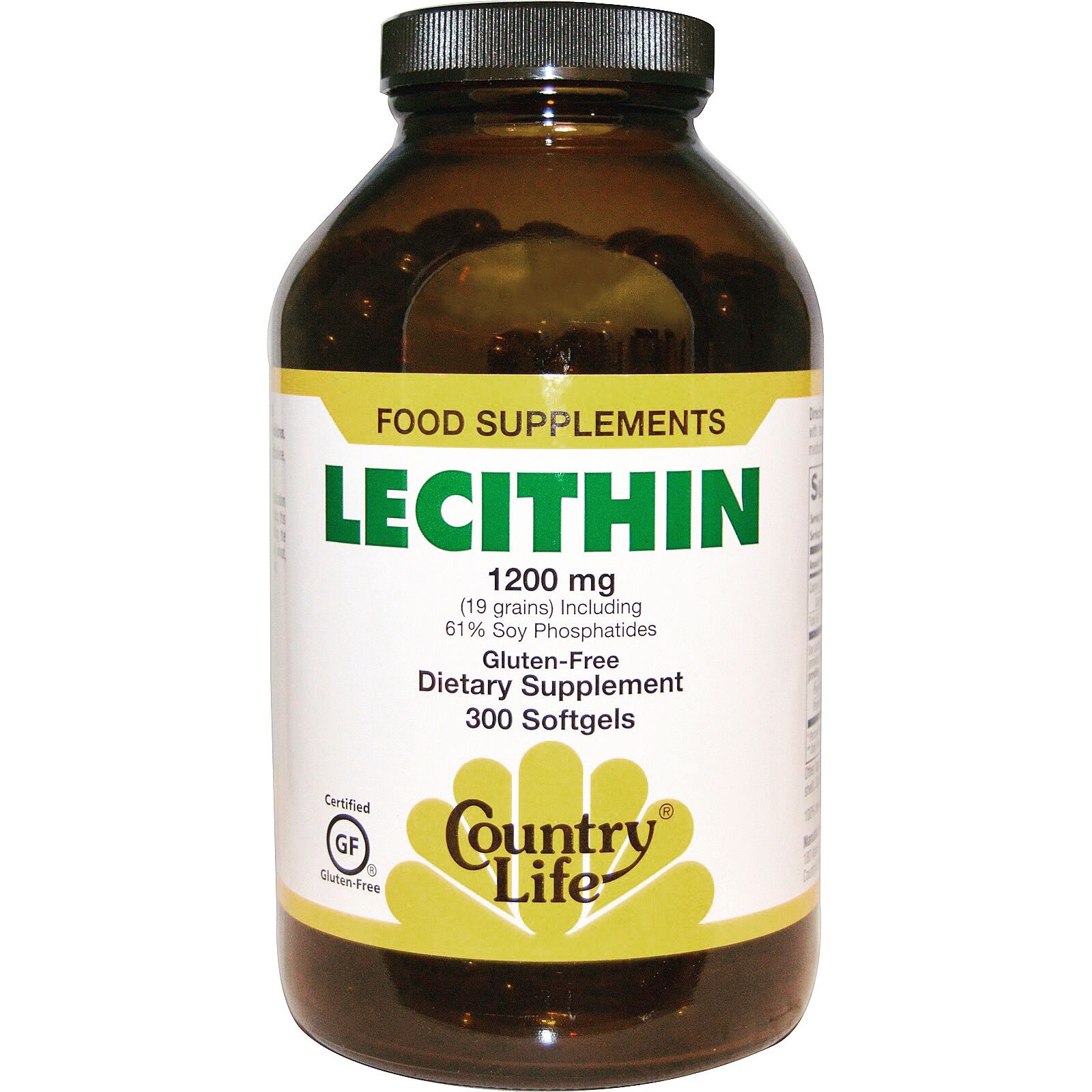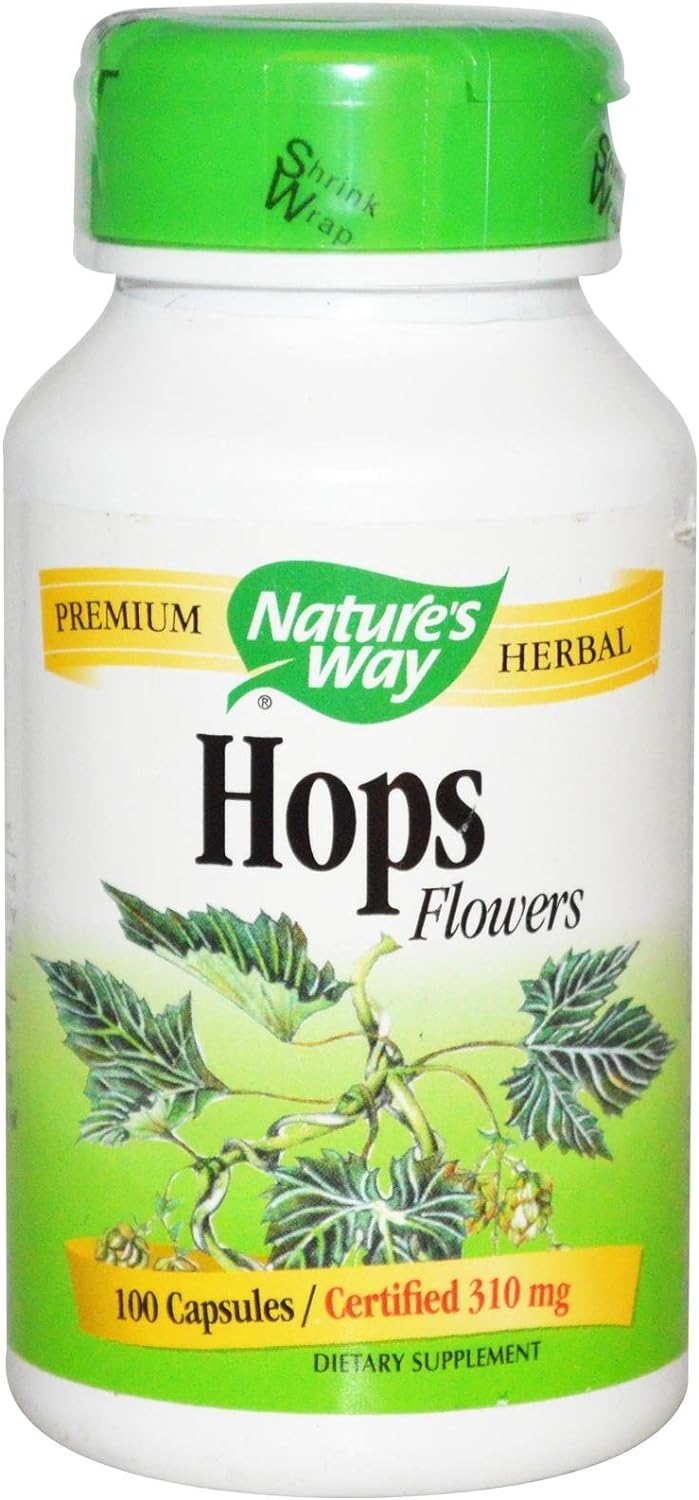Benefits of Long Pepper Supplements
Long pepper, scientifically known as Piper longum, is a flowering vine belonging to the Piperaceae family, native to India and Southeast Asia. For centuries, long pepper has been revered in traditional medicine systems such as Ayurveda, Siddha, and traditional Chinese medicine for its medicinal properties. Long pepper supplements, derived from the dried fruit spikes of the long pepper plant, are gaining popularity in modern wellness practices for their potential health benefits. This comprehensive guide explores the diverse advantages of long pepper supplements, drawing on both traditional knowledge and contemporary research to shed light on its therapeutic potential.
Respiratory Health
Long pepper has a long history of use in traditional medicine for respiratory ailments such as coughs, colds, and respiratory infections. The bioactive compounds found in long pepper, including piperine and piplartine, possess expectorant, antimicrobial, and anti-inflammatory properties, which help relieve congestion, reduce inflammation in the respiratory tract, and promote the expulsion of mucus. Long pepper supplements are often used to alleviate symptoms of respiratory conditions such as bronchitis, asthma, and sinusitis, supporting respiratory health and improving breathing function.
Digestive Health
In traditional medicine systems, long pepper is valued for its digestive properties and its ability to stimulate digestion and improve gastrointestinal health. The piperine compound found in long pepper has been shown to enhance digestive enzyme activity, increase gastric acid secretion, and improve nutrient absorption in the intestines. Long pepper supplements may help alleviate digestive issues such as indigestion, bloating, gas, and constipation by promoting healthy digestion, relieving gastrointestinal discomfort, and supporting gut motility.
Anti-inflammatory and Analgesic Effects
Long pepper exhibits significant anti-inflammatory and analgesic properties, making it valuable for relieving pain and inflammation associated with various health conditions. Piperine, the primary bioactive compound in long pepper, has been shown to inhibit inflammatory pathways and reduce the production of pro-inflammatory cytokines, thereby alleviating inflammation and pain. Long pepper supplements may be used to manage inflammatory conditions such as arthritis, rheumatism, and inflammatory bowel disease, providing natural relief from discomfort and promoting overall well-being.
Immune Support
Long pepper supplements are believed to support immune function and enhance the body’s defense mechanisms against infections and diseases. The antimicrobial properties of long pepper help inhibit the growth of harmful bacteria, viruses, and fungi, while its immunomodulatory effects help regulate immune responses and enhance immune cell activity. Regular consumption of long pepper supplements may help strengthen the immune system, reduce the risk of infections, and promote overall immune health, particularly during times of increased susceptibility to illness.
Respiratory Health
Long pepper has a long history of use in traditional medicine for respiratory ailments such as coughs, colds, and respiratory infections. The bioactive compounds found in long pepper, including piperine and piplartine, possess expectorant, antimicrobial, and anti-inflammatory properties, which help relieve congestion, reduce inflammation in the respiratory tract, and promote the expulsion of mucus. Long pepper supplements are often used to alleviate symptoms of respiratory conditions such as bronchitis, asthma, and sinusitis, supporting respiratory health and improving breathing function.
Digestive Health
In traditional medicine systems, long pepper is valued for its digestive properties and its ability to stimulate digestion and improve gastrointestinal health. The piperine compound found in long pepper has been shown to enhance digestive enzyme activity, increase gastric acid secretion, and improve nutrient absorption in the intestines. Long pepper supplements may help alleviate digestive issues such as indigestion, bloating, gas, and constipation by promoting healthy digestion, relieving gastrointestinal discomfort, and supporting gut motility.
Anti-inflammatory and Analgesic Effects
Long pepper exhibits significant anti-inflammatory and analgesic properties, making it valuable for relieving pain and inflammation associated with various health conditions. Piperine, the primary bioactive compound in long pepper, has been shown to inhibit inflammatory pathways and reduce the production of pro-inflammatory cytokines, thereby alleviating inflammation and pain. Long pepper supplements may be used to manage inflammatory conditions such as arthritis, rheumatism, and inflammatory bowel disease, providing natural relief from discomfort and promoting overall well-being.
Immune Support
Long pepper supplements are believed to support immune function and enhance the body’s defense mechanisms against infections and diseases. The antimicrobial properties of long pepper help inhibit the growth of harmful bacteria, viruses, and fungi, while its immunomodulatory effects help regulate immune responses and enhance immune cell activity. Regular consumption of long pepper supplements may help strengthen the immune system, reduce the risk of infections, and promote overall immune health, particularly during times of increased susceptibility to illness.
Respiratory Health
Long pepper has a long history of use in traditional medicine for respiratory ailments such as coughs, colds, and respiratory infections. The bioactive compounds found in long pepper, including piperine and piplartine, possess expectorant, antimicrobial, and anti-inflammatory properties, which help relieve congestion, reduce inflammation in the respiratory tract, and promote the expulsion of mucus. Long pepper supplements are often used to alleviate symptoms of respiratory conditions such as bronchitis, asthma, and sinusitis, supporting respiratory health and improving breathing function.
Digestive Health
In traditional medicine systems, long pepper is valued for its digestive properties and its ability to stimulate digestion and improve gastrointestinal health. The piperine compound found in long pepper has been shown to enhance digestive enzyme activity, increase gastric acid secretion, and improve nutrient absorption in the intestines. Long pepper supplements may help alleviate digestive issues such as indigestion, bloating, gas, and constipation by promoting healthy digestion, relieving gastrointestinal discomfort, and supporting gut motility.
Anti-inflammatory and Analgesic Effects
Long pepper exhibits significant anti-inflammatory and analgesic properties, making it valuable for relieving pain and inflammation associated with various health conditions. Piperine, the primary bioactive compound in long pepper, has been shown to inhibit inflammatory pathways and reduce the production of pro-inflammatory cytokines, thereby alleviating inflammation and pain. Long pepper supplements may be used to manage inflammatory conditions such as arthritis, rheumatism, and inflammatory bowel disease, providing natural relief from discomfort and promoting overall well-being.
Immune Support
Long pepper supplements are believed to support immune function and enhance the body’s defense mechanisms against infections and diseases. The antimicrobial properties of long pepper help inhibit the growth of harmful bacteria, viruses, and fungi, while its immunomodulatory effects help regulate immune responses and enhance immune cell activity. Regular consumption of long pepper supplements may help strengthen the immune system, reduce the risk of infections, and promote overall immune health, particularly during times of increased susceptibility to illness.
Respiratory Health
Long pepper has a long history of use in traditional medicine for respiratory ailments such as coughs, colds, and respiratory infections. The bioactive compounds found in long pepper, including piperine and piplartine, possess expectorant, antimicrobial, and anti-inflammatory properties, which help relieve congestion, reduce inflammation in the respiratory tract, and promote the expulsion of mucus. Long pepper supplements are often used to alleviate symptoms of respiratory conditions such as bronchitis, asthma, and sinusitis, supporting respiratory health and improving breathing function.
Digestive Health
In traditional medicine systems, long pepper is valued for its digestive properties and its ability to stimulate digestion and improve gastrointestinal health. The piperine compound found in long pepper has been shown to enhance digestive enzyme activity, increase gastric acid secretion, and improve nutrient absorption in the intestines. Long pepper supplements may help alleviate digestive issues such as indigestion, bloating, gas, and constipation by promoting healthy digestion, relieving gastrointestinal discomfort, and supporting gut motility.
Anti-inflammatory and Analgesic Effects
Long pepper exhibits significant anti-inflammatory and analgesic properties, making it valuable for relieving pain and inflammation associated with various health conditions. Piperine, the primary bioactive compound in long pepper, has been shown to inhibit inflammatory pathways and reduce the production of pro-inflammatory cytokines, thereby alleviating inflammation and pain. Long pepper supplements may be used to manage inflammatory conditions such as arthritis, rheumatism, and inflammatory bowel disease, providing natural relief from discomfort and promoting overall well-being.
Immune Support
Long pepper supplements are believed to support immune function and enhance the body’s defense mechanisms against infections and diseases. The antimicrobial properties of long pepper help inhibit the growth of harmful bacteria, viruses, and fungi, while its immunomodulatory effects help regulate immune responses and enhance immune cell activity. Regular consumption of long pepper supplements may help strengthen the immune system, reduce the risk of infections, and promote overall immune health, particularly during times of increased susceptibility to illness.
Safety and Precautions
While long pepper supplements are generally considered safe for most people when consumed in moderate amounts, excessive intake may lead to gastrointestinal upset or irritation. Individuals with sensitive stomachs or digestive disorders should use long pepper supplements with caution and consult with a healthcare professional before starting supplementation. Pregnant and breastfeeding women should avoid long pepper supplements due to limited safety data, as well as individuals with known allergies to members of the Piperaceae family. Additionally, long pepper supplements may interact with certain medications, so it’s essential to discuss their use with a healthcare provider, especially if taking prescription medications or other supplements.
Conclusion
Long pepper supplements offer a range of potential health benefits, from supporting respiratory and digestive health to providing anti-inflammatory, analgesic, and immune-supportive effects. Rich in bioactive compounds such as piperine, long pepper has been valued in traditional medicine systems for its therapeutic properties and is now gaining recognition in modern wellness practices. As with any supplement, it’s essential to use long pepper supplements responsibly, starting with low doses and gradually increasing as needed. Consulting with a healthcare professional can help determine the appropriate dosage and ensure compatibility with individual health needs and conditions. With proper use and moderation, long pepper supplements can be a valuable addition to a holistic approach to health and well-being, supporting vitality and resilience throughout life.








